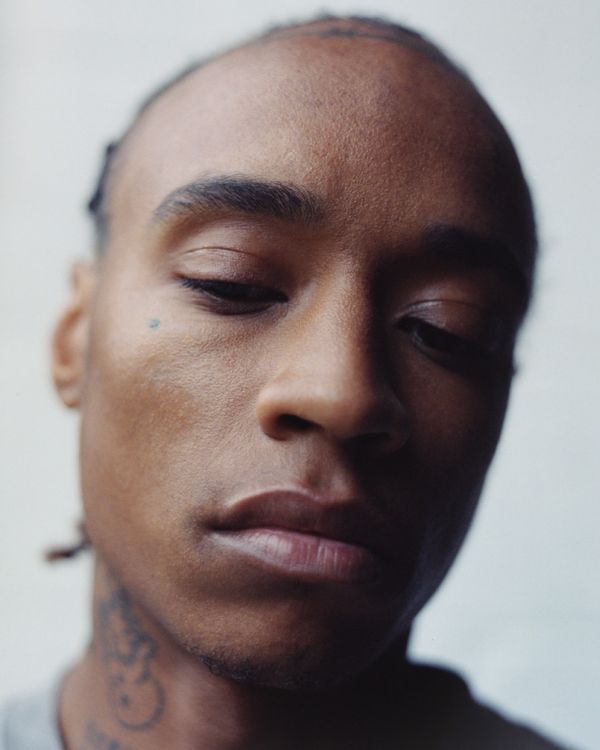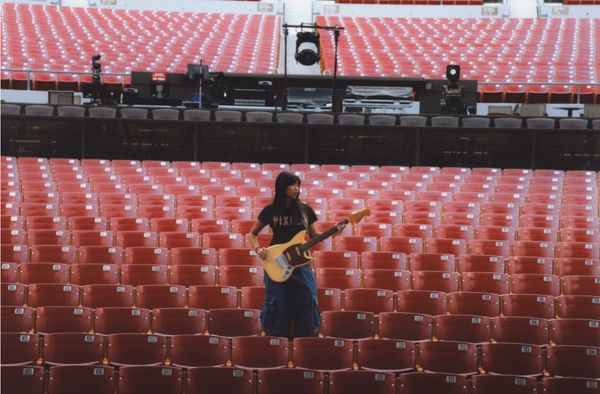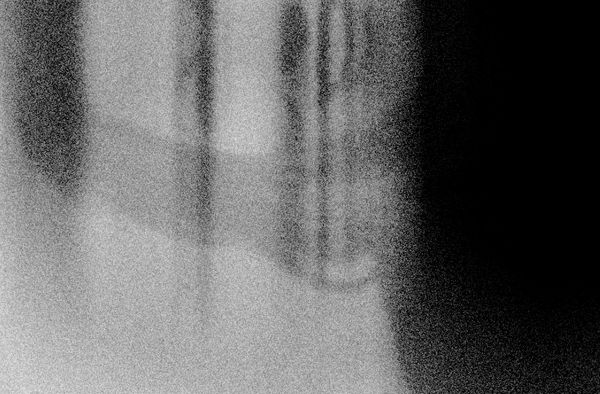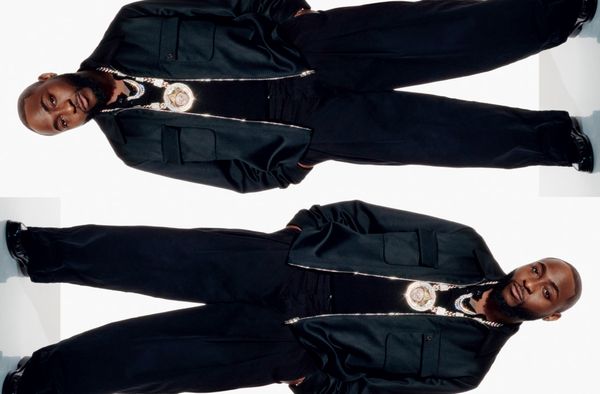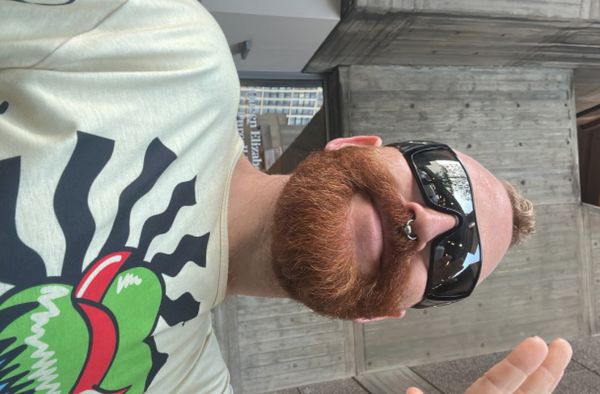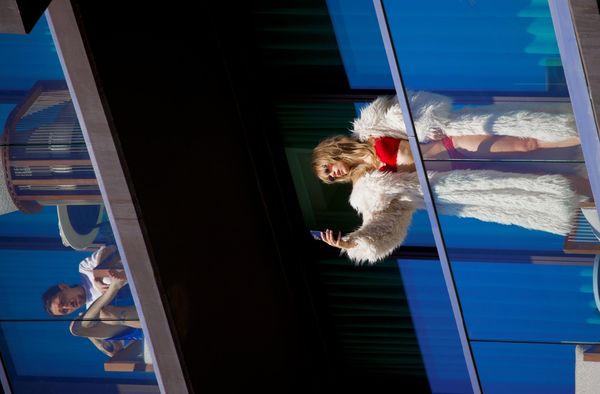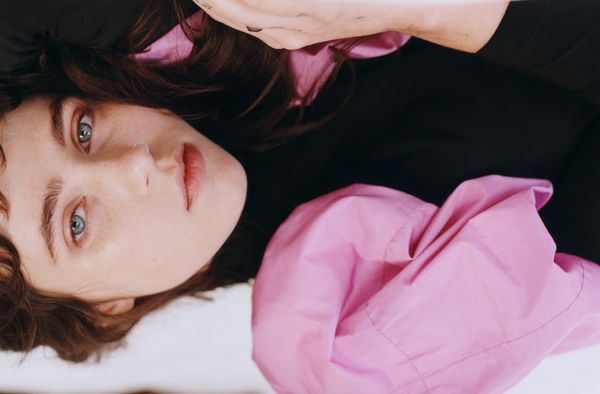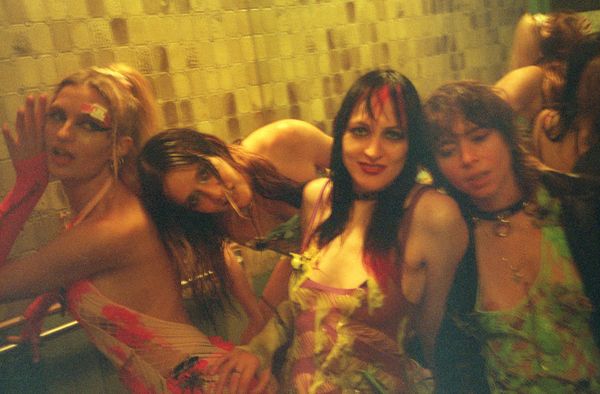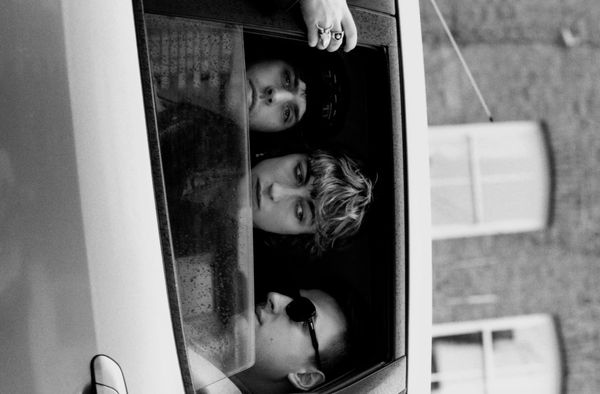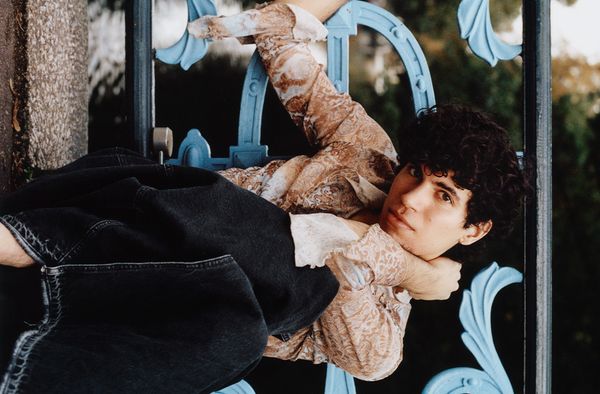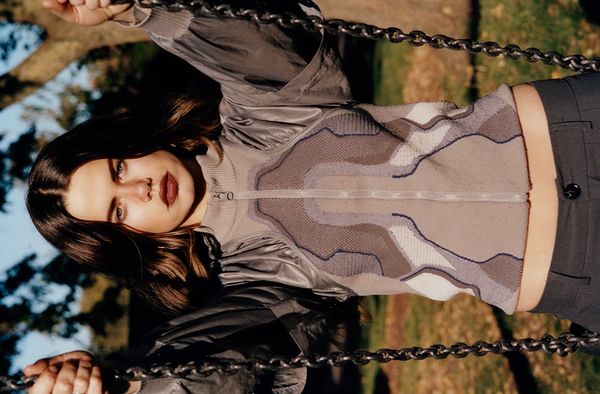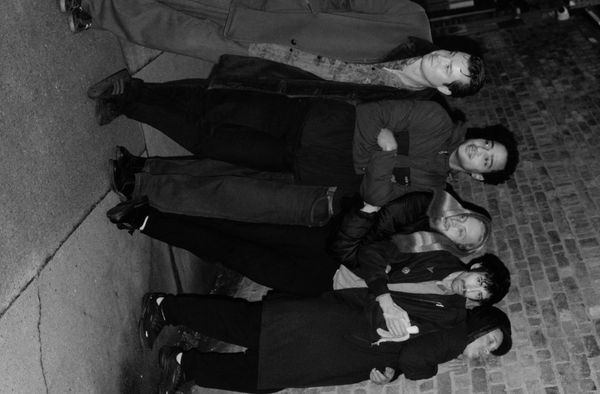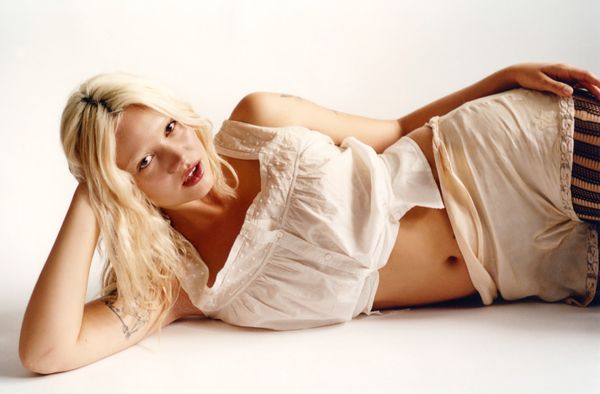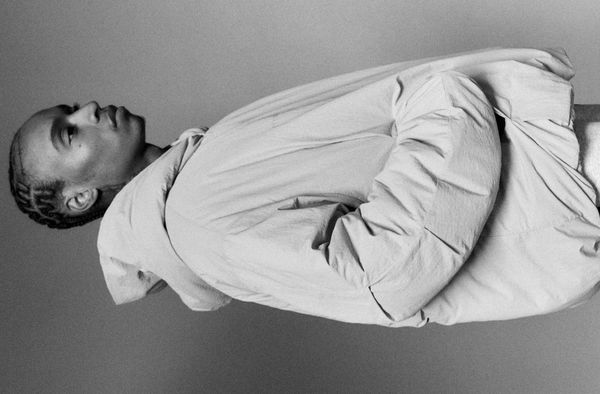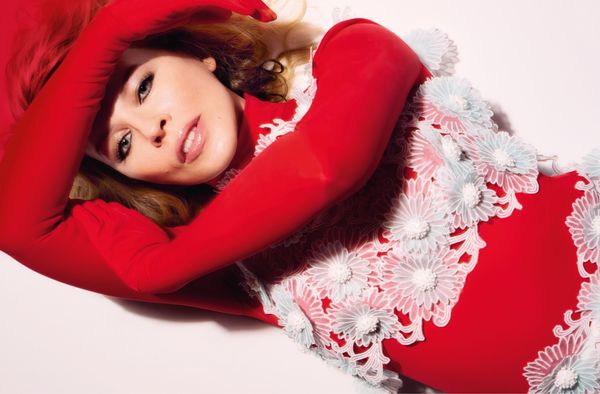Rejjie wears 66North throughout
Rejjie Snow is a changed man. Where once he described his laid-back, hedonistic sound as like “that feeling, when it’s 4am and the drugs are wearing off”, today the Irish rapper chooses peace. Now a father and over a decade deep into his music career, Rejjie’s new album PEACE 2 DA WORLD sees the 31-year-old shunning chaos with a newly grounded and hopeful perspective. The record spans continents in both sound and subject, weaving together love letters, introspective reflections and social commentary, all shaped by Grammy-winning producer Rahki – the same visionary behind Rejjie’s 2018 debut, Dear Annie. “Whether it’s a brief event or motif, peace exists in every fabric of the record,” Rejjie says. “The whole thing feels more focused than previous works; more intentional.”
It comes after a three-year hiatus of sorts – a period in which Rejjie honed his craft, and embraced both discipline and gratitude. Just weeks before releasing the album, a reconnection with Kaytranada led to new singles ‘Keep Up’ and ‘All Night’ – eight years on from the duo’s fan favourite, ‘Egyptian Luvr’. (Theirs is one of many impressive pairings across Rejjie’s discography, which also boasts appearances from Tinashe, Clairo and the late MF Doom.)
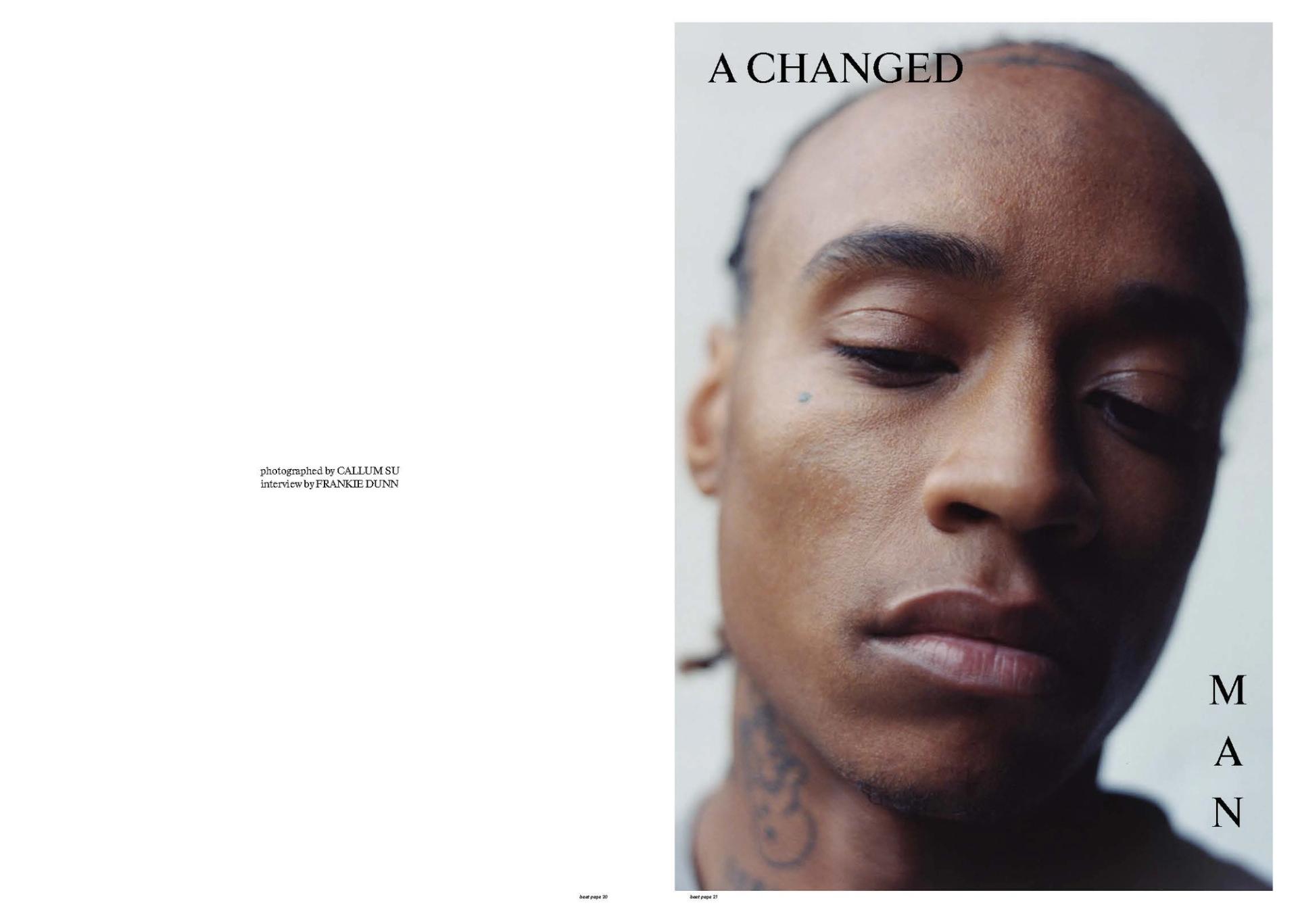
This period of pause and growth also provided Rejjie with the chance to quietly branch out into acting, landing a role in King Frankie, a Celtic Tiger-era tale which premiered at the 2024 Dublin International Film Festival to critical acclaim. We should’ve seen it coming, really – remember when he played Clyde to Lily-Rose Depp’s Bonnie in his music video for ‘All Around the World’ back in 2015?
Catching him midway through a lengthy European tour, we caught up with Rejjie to discuss his personal evolution, how fatherhood has influenced his music, and why his next steps promise to be more experimental than ever.
Hi Rejjie! It’s been over 10 years since your much-loved debut EP, Rejovich. What kind of person were you back then? How do you think you’ve changed since?
I was full of ideas and wanted to be seen by the world. I didn’t fully know myself or my capabilities, but the seeds were being planted. Having just left boarding school, I was ready to pour all I learned into something, and honestly, the last thing I thought that would be was music. But things moved quickly, and it’s been a beautiful journey since. I’ve changed a lot, as we all do as we go from boy to man. I’m just grateful to still be here, as we’ve lost many along the way.
When did the idea for PEACE 2 DA WORLD first start coming together? Did a particular event or emotion spark its direction?
It was conceived with all that’s going on [in the world] – both directly and indirectly. Peace is the most beautiful feeling and, having lived in a lot of chaos, I’m actively trying to make this decision for myself and the reality I choose to participate in.
How did you land on the title?
I was probably alone somewhere when it came to me. I love being alone more than anything.
The artwork is a Liz Johnson Artur photograph of a Black man dressed all in white, standing against a bright blue sky. What’s the significance of this image for you?
Well, it’s very obvious that Liz Johnson Artur is a giant – a giant among men, too. I respect her as a person and all she stands for. Her work isn’t easily replicated, and like her philosophies in life and art, I think she encapsulated so many themes of the record with this image.
Apparently this is the first time you’ve written a project specifically for one person. Tell us more.
Yes, indeed. As I was crafting the album, I decided I wanted to write some songs specifically for one person – for the person I see today, and to the person I can see in years to come.
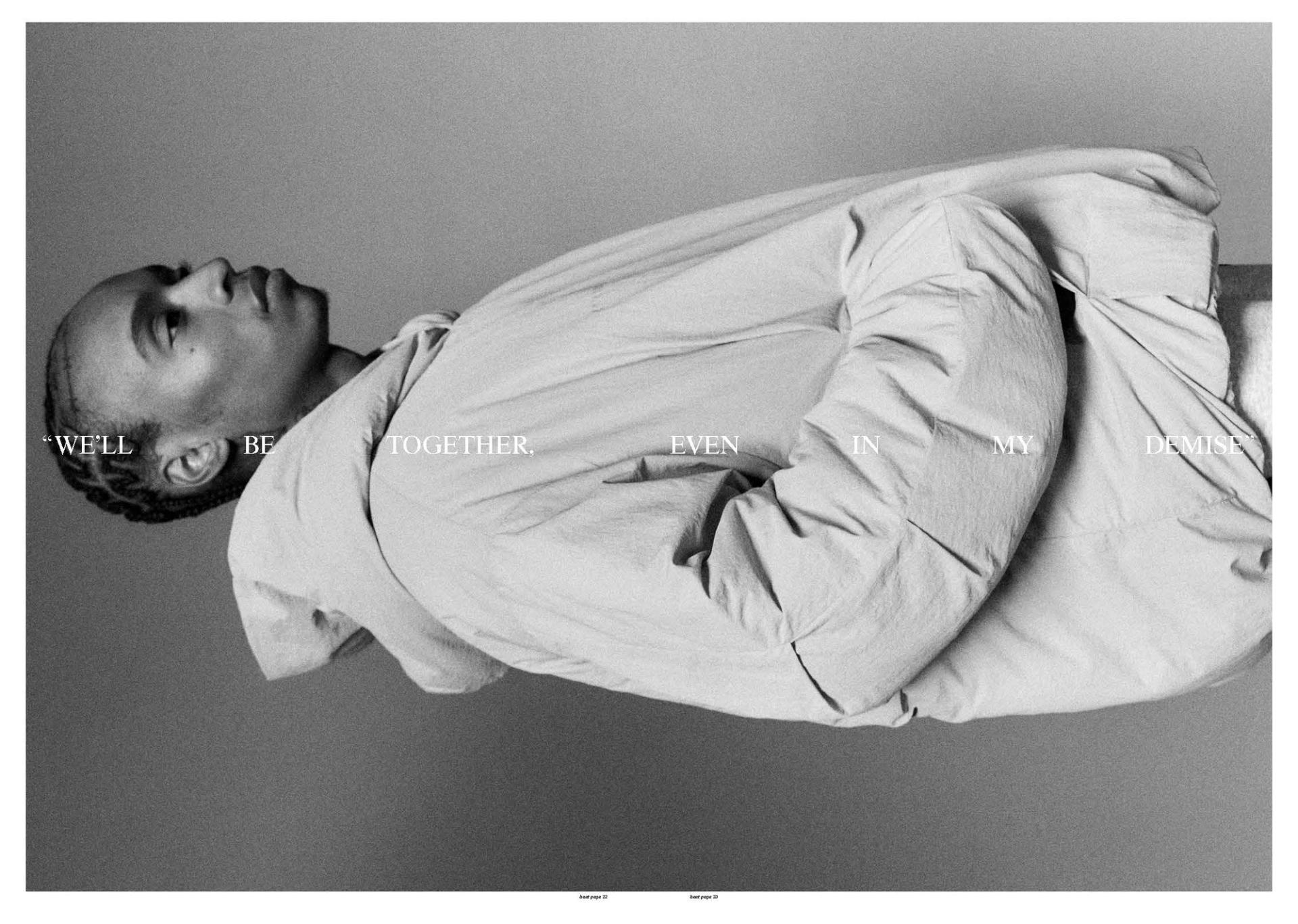
In what way did making this album force you to challenge yourself?
There were a lot of different pockets I had to commit to: using my vocals differently and focusing on certain inflections. The process was very scattered, but I’ve never created an album so clearly focused.
Across the record, you sample somebody speaking about finding peace in their garden. How do you seek peace? Where do you go?
I start my day with 100 push-ups. I think the level of discipline involved with this allows for a sweeter type of peace. I usually try to go where the water is, or anywhere with a plethora of green.
In both sound and subject – with tracks like ‘Africa’, ‘Tokyo Drift’, ‘Rio de Janeiro’ and ‘Flight to Brazil’ – there are clearly a lot of geographical influences. What can you tell us about your connection to Brazil in particular?
It’s always been a source of inspiration for me, both in sports and, as of late, musically.
What do you think [producer] Rahki helped you uncover that you might not have tapped into otherwise?
I think in collaboration there’s a lot of trial and error. We’ve worked together for some years now, and this is the first time we’ve locked in together. He’s one of my dearest collaborators, and we always deliver. It’s nice to have someone believe in and trust your ideas.
The album ends with a voice note of you and your daughter talking. What do you hope she’ll take from the project one day?
Whatever she wants. Music is so subjective that I don’t wanna assume she’ll understand or appreciate it until she’s much older, but I live for her, and that was beautiful to do. [Now] we’ll be together, even in my demise.
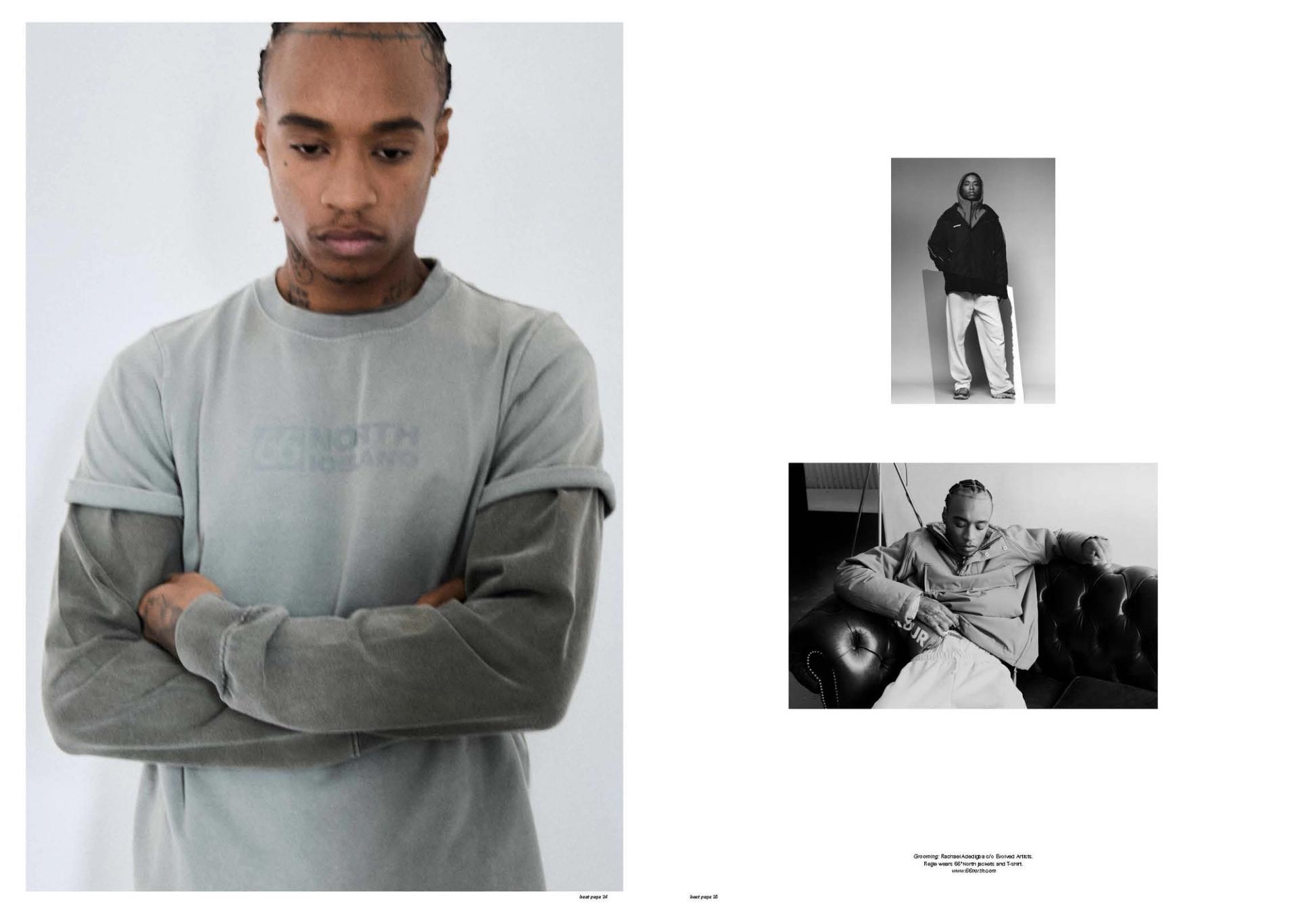
You’ve just reconnected with Kaytranada. What prompted that?
He’s the best in the world – and I need a hit.
You’re also dabbling in acting. Does it give you something music doesn’t? Are you able to summon the confidence to try something new quite easily?
Yes, it does. There are different things at play [with acting], as you’re following a more synchronised vision. And yeah, honestly, I’ll try whatever, if given the opportunity. I’m always trying to feel more and improve.
OK, so if you’re no longer making comedown music, how would you describe your sound today?
I think my sound and approach is imperfect. Polished, but not. I’m always trying to be part of the people doing innovative things, so this is still at the forefront. I think the next few years will be steeped in experimentation.
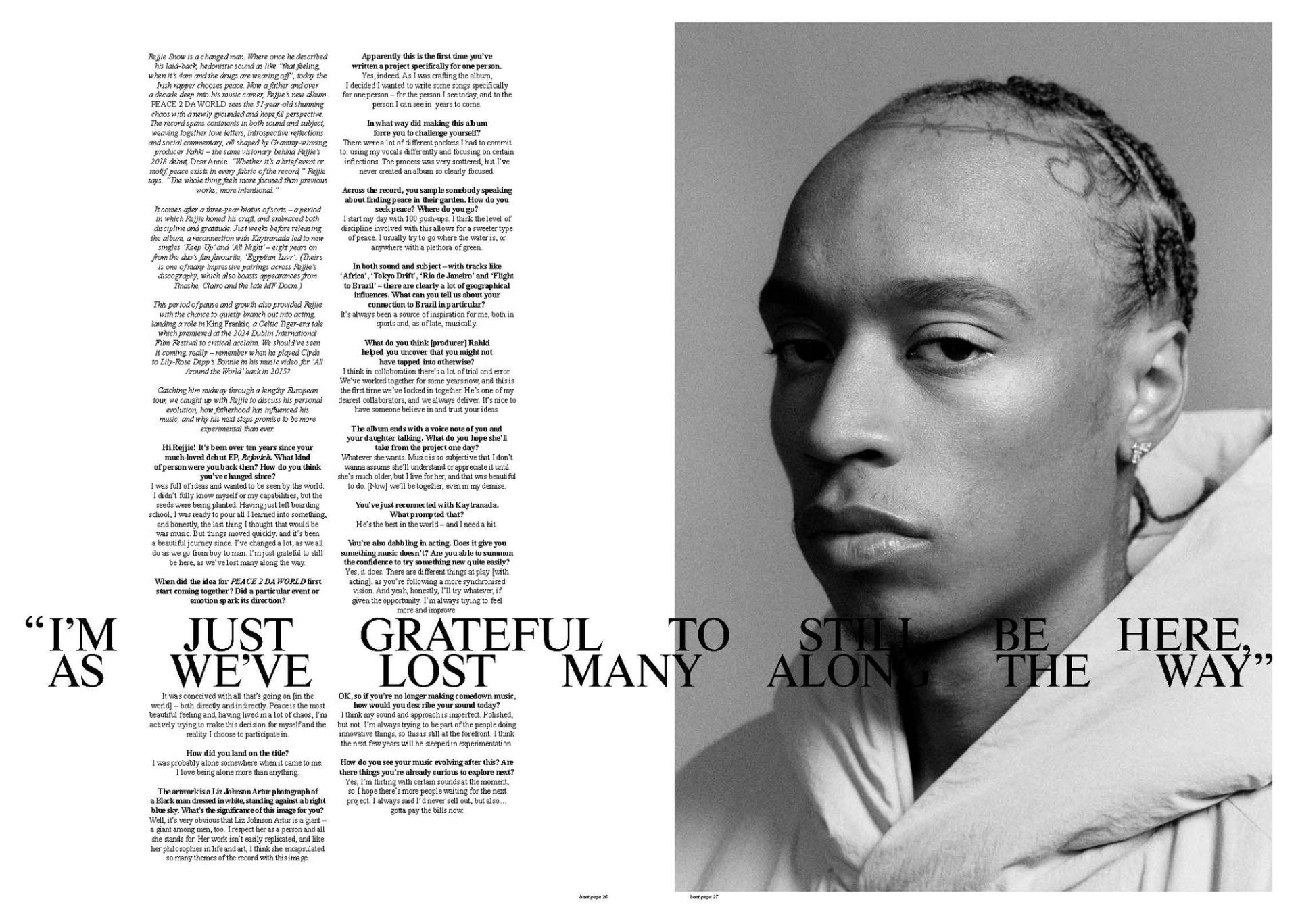
How do you see your music evolving after this? Are there things you’re already curious to explore next?
Yes, I’m flirting with certain sounds at the moment, so I hope there’s more people waiting for the next project. I always said I’d never sell out, but also… gotta pay the bills now.
